The United Nations (UN) expects to remove Angola and São Tomé and Principe from the group of least developed countries (LDCs), according to the World Economic Outlook report.
The document said that Angola should no longer be considered an LDC in 2021, and it is expected to “recover from the huge decelerations experienced in the last few years,” and São Tomé and Príncipe in 2024, along with the Solomon Islands.
For Angola, the UN forecasts a continued recession in 2020 (-1%), unlike the Angolan Government which included a growth rate of 1.8% in the State Budget for this year, but next year should be one of growth (1.5%), according to the UN report.
“The economic downturn in Angola should continue (in 2020), due to the drop in oil production and the difficulties in attracting foreign investment. It is expected that GDP growth will move into the black only in 2021, although in per capita terms it will continue to contract for the seventh consecutive year,” said the UN.
The report warns of rising debt in many African countries, due to the increase in external issues of sovereign bonds, creating “concerns about the sustainability of debt in some countries, which could be exacerbated by external or domestic shocks, including deviations in budgetary management.”
“There is a high risk that difficult economic conditions in some countries in Africa may lead to more protracted recessions in Angola, Namibia, and Zimbabwe,” it added.
The UN forecasts an acceleration of growth in most Portuguese-speaking countries – from 4.6% in 2020 to 5.2% in 2021 in Guinea Bissau and from 3.5% to 4.6% in São Tomé and Príncipe.
Cabo Verde is expected to grow by 4.6% in 2020 and 2021, while Mozambique should boost growth to 5.5% this year and 6% next year, the highest rate in Africa, due to investment in oil and gas exploration.
This investment, “continues to expand, recovering from a drop that coincided with the fall in oil prices during the 2014-2016 period,” and Mozambique is among the countries that “have recently discovered new fossil fuel resources and is seeking to make the most of their potential revenue”.
However, the UN warned of the inherent risks in the management of Mozambican debt, the highest in Africa.
“A high level of public debt is a challenge in many African countries, limiting the capacity to implement anti-cyclical and socially inclusive policies. The levels of public debt exceed 100% of GDP in countries such as Cabo Verde, Congo, Djibouti, Eritrea, Mozambique, and Sudan,” said the report.































